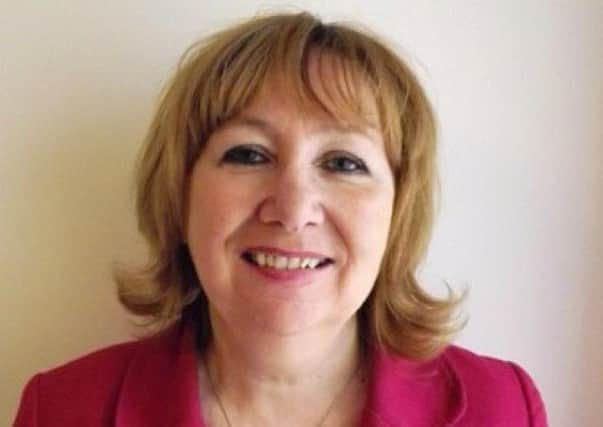Irene Oldfather: Impact on social care means that it's time to think again on Brexit


Following a survey of our members, the ALLIANCE decided earlier this year to conduct meetings in local communities and town halls to give people an opportunity to raise first hand their fears and worries about what the future challenges around Brexit are.
Our members had expressed concerns about the post-Brexit future for charities and communities, specifically relating to funding, the health and social care workforce, access to medicines, employment and human rights.
Advertisement
Hide AdAdvertisement
Hide AdYet despite the extensive high level debates taking place, those attending Brexit town hall meetings still felt that there was an absence of dependable information and uncertainty about the future.
While most participants expressed a strong preference to remain in the European Union, a few who had voted to leave in the referendum two years ago had now changed their mind and felt that it was in the best interests of their local community to remain in the EU. We observed a 5 per cent swing from leave to remain in Govan, and a 28 per cent swing in Aberdeen. When high level discussions around customs union and trade barriers were broken down to local impact on potential delays and shortages to the supply of medicines to patients in communities, people had real concerns about the scale of the challenge which Brexit poses in the next few months.
Many commented on the concerns relating to the health and social care workforce. A recent care inspectorate report found that more than a third of social care services across Scotland have reported unfilled staff vacancies in the past year, and almost half of those faced difficulty recruiting the right staff.
When you take into account that the health and social care sector in Scotland currently employs 12,000 EU nationals (3 per cent of the total workforce), the potential impact on the workforce is clear. Attendees at our local town hall conversations echoed these concerns, telling us that “combined with an elderly workforce, the health and social care system is already creaking”.
For all of its shortcomings, the EU has provided the third sector in particular with avenues to increase spend on employment and training initiatives that many fear will not be supported or replaced by sound regional policy initiatives.
There was a strong consensus that the uncertain economic climate would place further demands and more uncertainty on current recipients of EU funding streams.
All of these issues caused a coalition of health and social care organisations across the UK to seek an independent evaluation of Brexit’s impact on the health and social care systems across the UK.
Led by the ALLIANCE, Camphill Scotland and Scottish Council for Voluntary Organisations, these organisations continue to consider opportunities to ensure these issues are well thought out and their worst effects mitigated.
Advertisement
Hide AdAdvertisement
Hide AdIn setting out the founding principles of the EU in 1950, Robert Schuman declared that “Europe would not be made all at once or according to a single plan but would be built on concrete achievements which first create solidarity”.
It is clear from the consensus emerging from communities across Scotland that they want to continue to build, with other European communities, a peaceful prosperous Europe which is open and inclusive.
The disingenuous campaign which sought to encourage people to believe huge transfers of money to invest in the health service has been totally discredited. The scare stories on migrants and bureaucrats taking over have been proven to be entirely flawed.
The Brexit vote has no credibility in the communities of Scotland and an opportunity for a second vote must surely be on the cards.
Irene Oldfather, programme director, Health and Social Care Alliance Scotland.